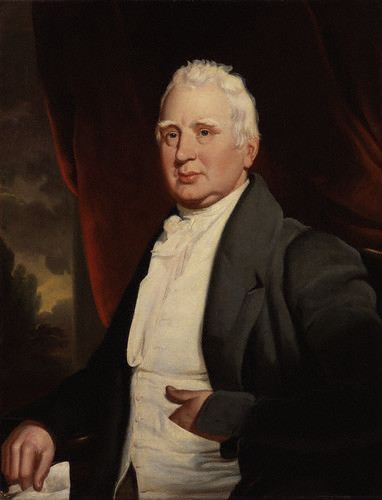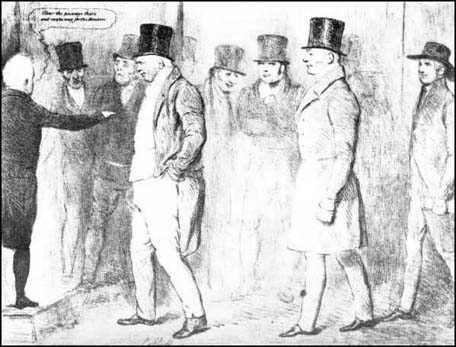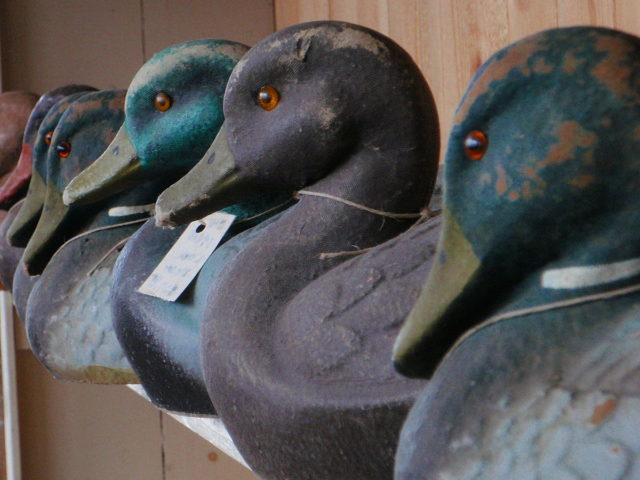Sooner or later, someone watching a detective or other sort of mystery show on TV will hear it: “That’s a red herring.” The time has come to ask: What is this “red herring”? And why is it almost always connected to false clues and misleading suspects?
The phrase does have an amusing history. Generally meaning to create a false trail or to mislead, the expression was popularized some two centuries ago. As it turns out, the widely accepted theory of the fishy phrase’s origin (pun intended) have been exactly that: a red herring. How fitting.

While watching a show, it’s easy to point the finger at an angry and impulsive fellow as a suspect. That’s someone who for a time may look like the leading candidate as murderer. TV series like Law & Order and the CSI franchise use these characters to baffle and throw off the viewers by laying out seemingly obvious suspects.
In the end, it turns out that the less intimidating, the seemingly timid or shy characters, are the ones who really committed the crime. The preceding suspects are the red herrings of crime fiction and TV, a staple character of the genre.
Allegedly, the literal sense of the word is first mentioned around the year 1250. Walter of Bibbesworth, the Anglo-Norman knight, and poet, wrote, “He etep no ffyssh But Heryng re,” in the poem The Treatise.

In “ye olden times,” the process of preserving fish was a simple dip in salt brine, allowing the fish to be cured and preserved as a kipper. The herring usually turned coppery red because of the salt, and then it was to be smoked for 8 to 10 days.
The fish can be stored for long periods, and when the time is right, the salt is removed by soaking the fish in water.
Historians and linguists eventually managed to clear things up about the phrase’s origins. The new thinking puts William Cobbett as a prime suspect in making the phrase famous.
A journalist, a parliament member, and a fiery supporter of the agricultural reformation near the end of the 18th century, Cobbett decided to take action himself against what he saw as general laziness and stupidity of the other journalists.
Always a dissident to the establishment, he added some color (most likely red) to the rants and criticism. He wrote a column in 1807 about trailing a red herring on the ground to mislead hounds on the hunt.

The pungent scent would easily draw away hounds from the real trail.
Those metaphors were trying to show the way journalists were easily misled from the crucial and more important aspects of political journalism. The story easily caught on.

Still, it is widely accepted that Cobbett merely popularized the phrase, rather than being a progenitor.
Ironically, there is another, less accepted theory that might be the true origin of the red herring A rich clergyman from Oxford who went by the name of Jasper Mayne died in 1672. His will said that Mayne left a large sum of money in a coffer for the renovation of St. Paul’s Cathedral, and something for the poor and needy as well.

Mayne’s will led his servants to the bequest’s exact location. To nobody’s surprise, the coffer was full of salted herring, a clergyman’s honorable legacy. One can only imagine the anticlimax and the servants’ disappointment.
Even though Cobbett’s red herring origin story is the more popular one, Mayne’s story fully checks out. In contrast to Cobbett’s ambiguous context of hunting, Mayne’s red herring offers a deliberate idea of misdirection, much to the dismay of his servants.
But one thing is certain, one or the other is a misleading clue in the quest to point out the amusing origin of the phrase.
